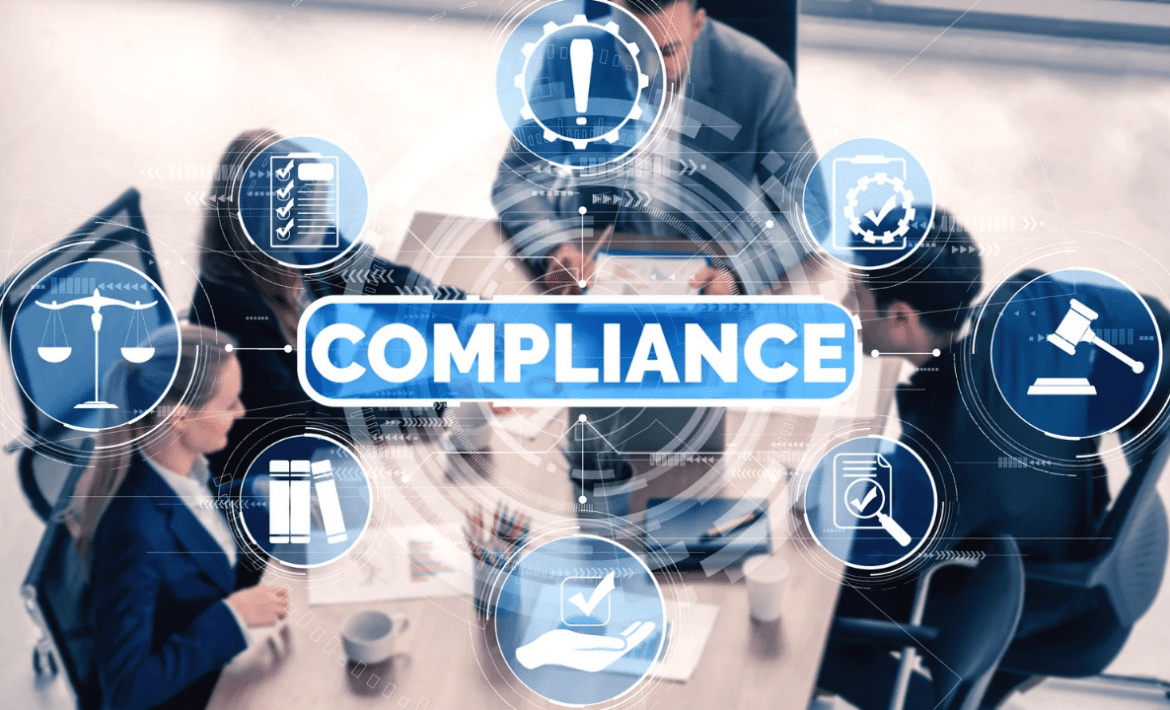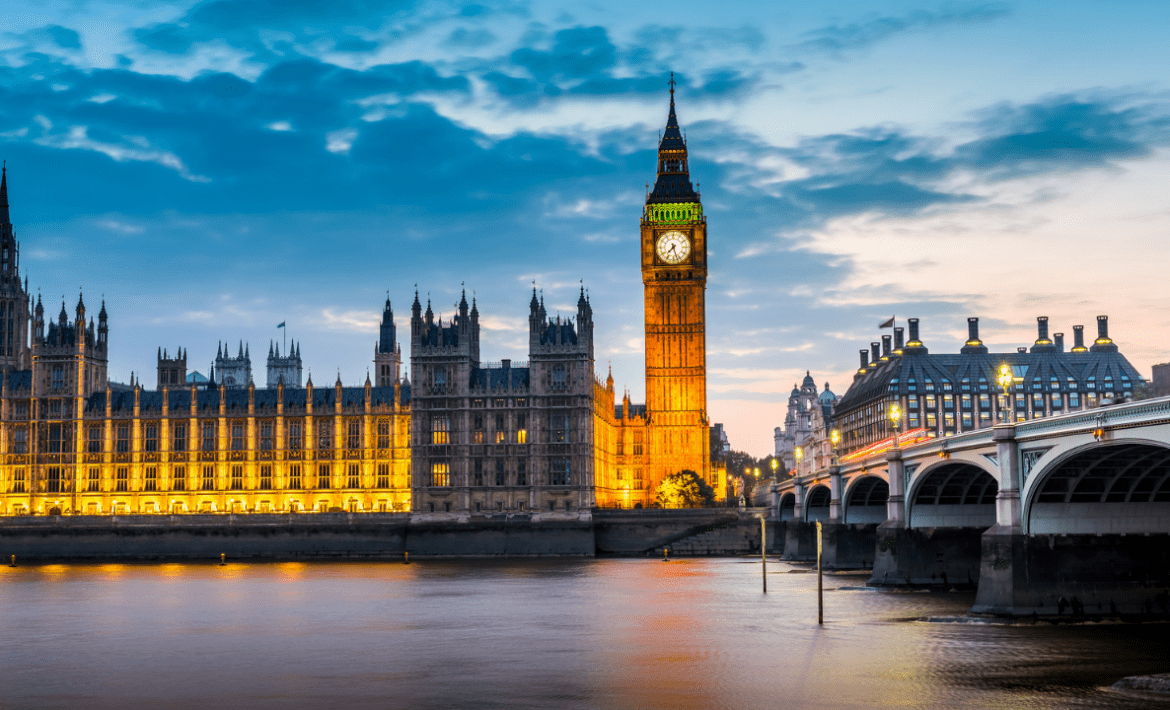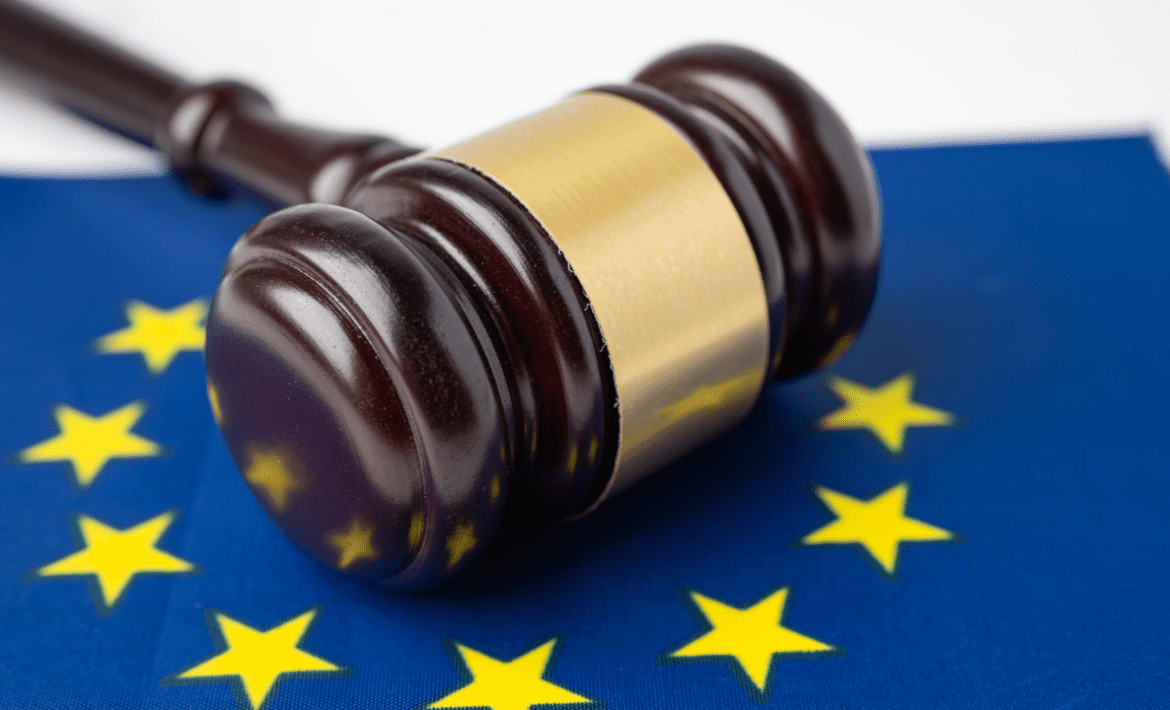ePrivacy Directive Article 5(3): Device Tracking and User Consent
Understanding Article 5(3) of the ePrivacy Directive and its Implications on Device Tracking and User Consent The ePrivacy Directive, specifically Article 5(3), restricts the storage and access of information on users’ devices without their consent, except under specific conditions. This legislation plays a crucial role in protecting users from unauthorized storage and access to















